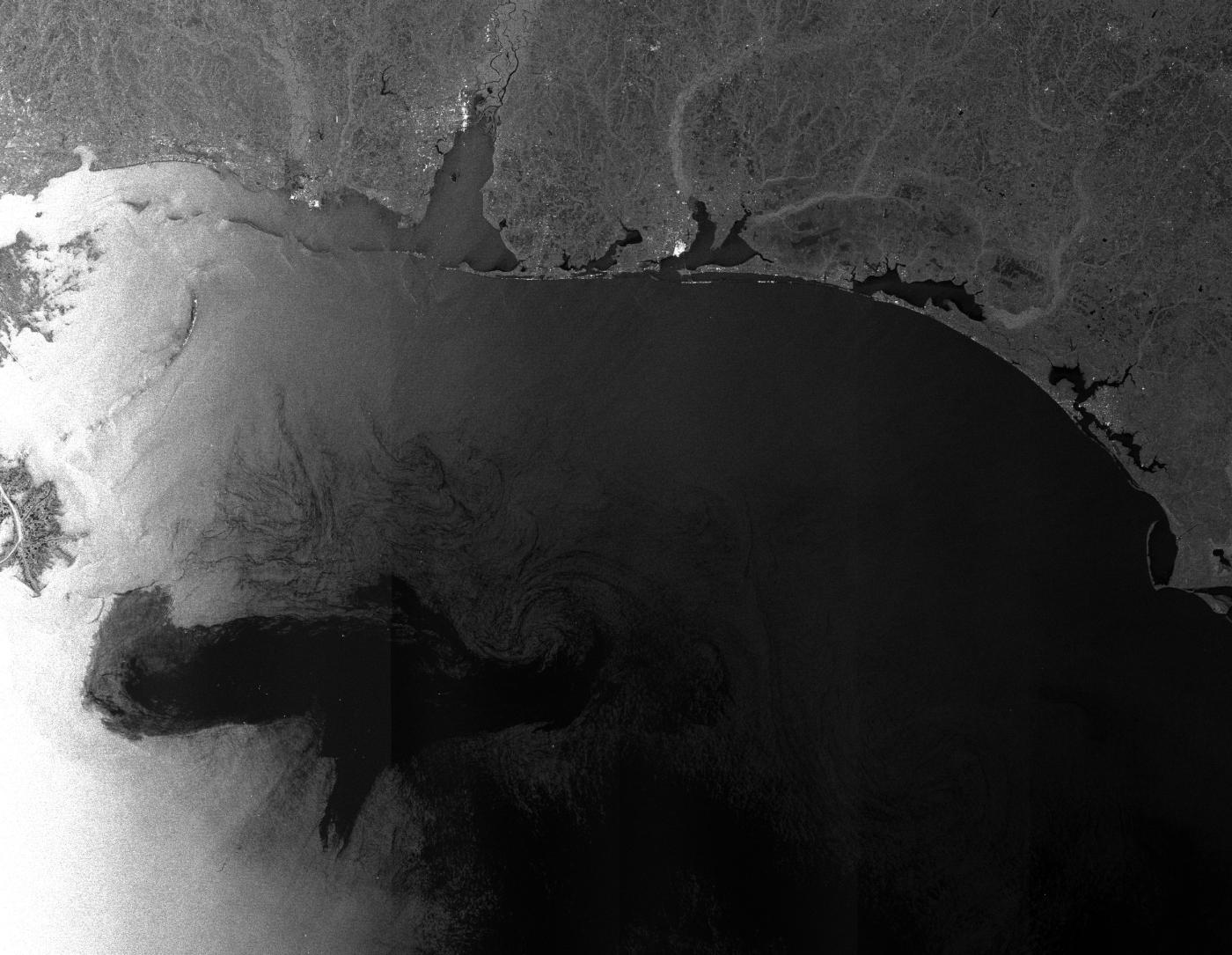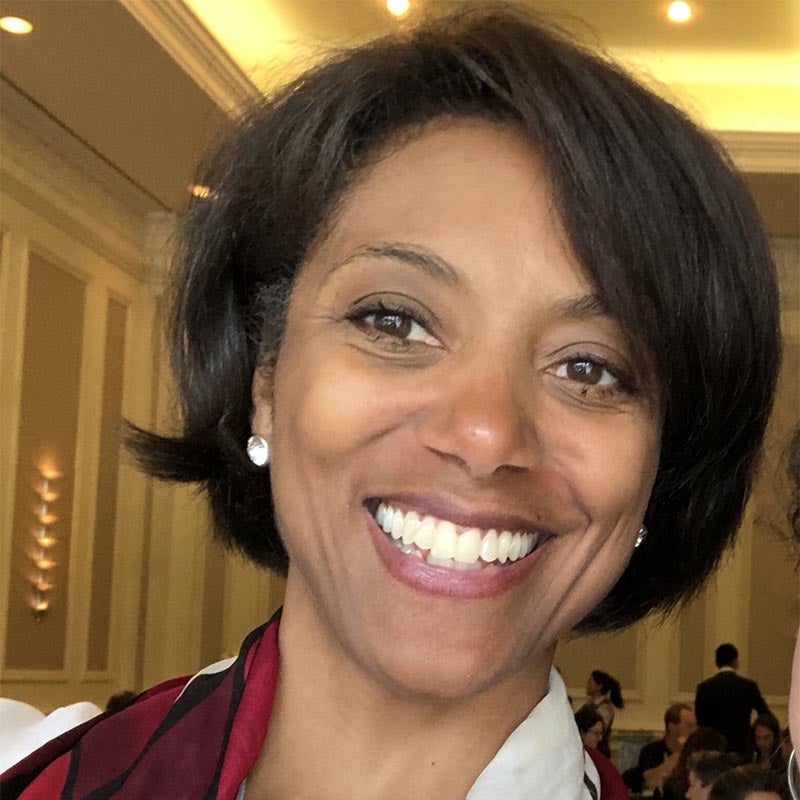
Designing Solutions for Gulf Coast Resilience

Drawing on several decades of disaster resilience work, Dr. Lauren Alexander Augustine, Executive Director for the Gulf Research Program at the National Academies will discuss design solutions for the material, social, and ecological challenges of tomorrow.
ABOUT THE SPEAKER:

Lauren Alexander Augustine is the executive director for the Gulf Research Program. She is responsible for overseeing all aspects of management and use of the criminal settlement funds from the Deepwater Horizon disaster that were entrusted with the National Academies by the federal government. This includes fulfilling the vision, defining the strategic direction, and leading the development and implementation of this multidimensional, science-based program.
Since her tenure at the National Academies began in 2002, Augustine has gained experience working in a variety of roles on a broad range of topics pertaining to water, natural disasters, and resilience. Prior to joining the Gulf Research Program in 2018, she served as director of the Resilient America Program, which supports communities’ efforts to build resilience to extreme events using science and diverse stakeholder engagement. In addition, she has formerly served as country director for the African Science Academy Development Initiative, a decade-long program that built scientific capacity in national academies across Africa; as director of the Disasters Roundtable; and as a study director for the Water Science and Technology Board.
Outside of her work at the National Academies, Augustine has served on the World Economic Forum’s Global Agenda Council on Risk and Resilience; was a member of the Advisory Board for the American Geophysical Union’s Thriving Earth Exchange program; and was a juror for two resilience competitions, Rebuild by Design for recovery after Hurricane Sandy and Resilience by Design in San Francisco. She is also a NATO expert for the Civil Protection Group.
Augustine earned her B.S. in applied mathematics and systems engineering and her M.S. in environmental planning and policy from the University of Virginia, and her Ph.D. in an interdisciplinary program that combined physical hydrology, geomorphology, and ecology from Harvard University.
This lecture is supported by the Robert L. Plavnick endowment.


